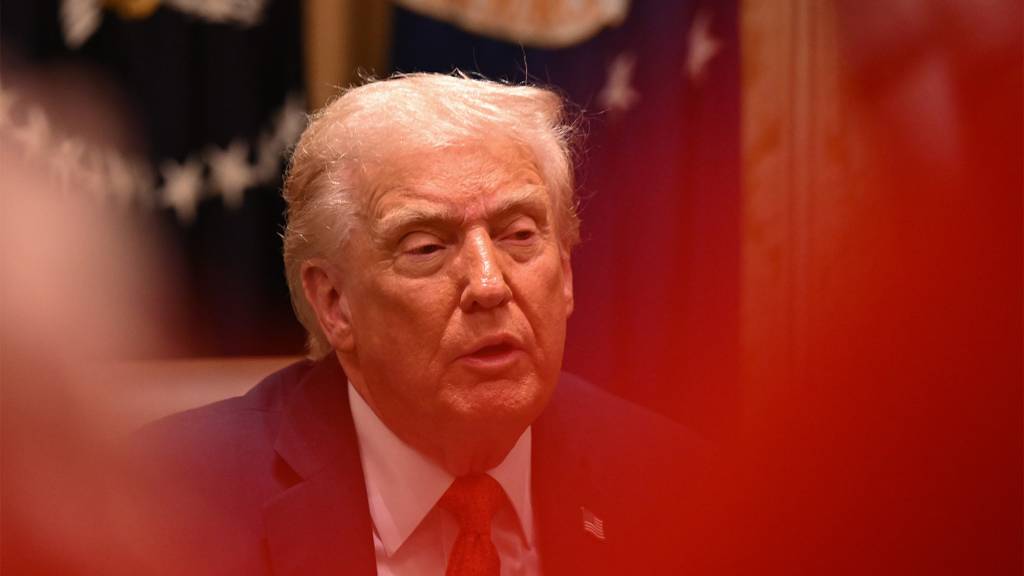
The world today witnesses a troubling trend where many democratic nations increasingly place their trust in so-called “strongmen” leaders. These figures often rise to power through a “populist” appeal, characterized by their ability to lie, exaggerate, and bully opponents with little to no consequence. This phenomenon echoes the warnings of philosopher and French resistance member Albert Camus, who argued that the fight against totalitarianism is fundamentally a battle to preserve the clarity of thought and speech.
Camus, renowned for his works on existentialism and the human condition, emphasized the critical importance of maintaining distinctions in language. He believed that when language is twisted and manipulated by those with authoritarian ambitions, it becomes a potent weapon against democracy and freedom. In today’s political climate, his insights remain alarmingly relevant.
Language as a Tool of Power
The manipulation of language is not a new tactic. Historically, authoritarian regimes have consistently employed it to consolidate power and suppress dissent. By redefining words and concepts, these regimes create a reality that serves their interests, often at the expense of truth and transparency.
For instance, during the 20th century, totalitarian states like Nazi Germany and the Soviet Union used propaganda to control public perception. Words were carefully chosen to dehumanize opponents and justify oppressive policies. This strategic distortion of language allowed these regimes to maintain control over their populations.
The Modern Context
In the current global landscape, the rise of digital media and social platforms has amplified the reach of such manipulative tactics. Leaders with authoritarian tendencies exploit these channels to spread misinformation and rally support, often by appealing to emotions rather than facts.
According to a recent study by the Pew Research Center,
over 60% of people in democratic countries have been exposed to political misinformation online.
This widespread exposure underscores the urgent need to critically assess the information we consume and the language used by those in power.
Expert Opinions on the Threat
Experts warn that the erosion of language can lead to the erosion of democracy itself. Dr. Jane Smith, a political analyst at the University of Oxford, notes, “When leaders distort language, they undermine the very foundations of democratic discourse. It becomes increasingly difficult for citizens to engage in informed debate and hold their leaders accountable.”
Similarly, linguist Dr. Robert Jones highlights the psychological impact of such tactics. “Language shapes our perception of reality,” he explains. “When it is manipulated, it can alter our understanding of truth and justice, leading to apathy and disengagement among the populace.”
Implications and the Path Forward
The implications of this trend are profound. As language becomes a tool for manipulation, the very fabric of democratic society is threatened. However, there are steps that can be taken to counteract this threat.
Education plays a crucial role in fostering critical thinking and media literacy. By equipping citizens with the skills to discern truth from manipulation, societies can build resilience against authoritarian tactics. Furthermore, promoting transparency and accountability in leadership can help restore trust in democratic institutions.
As Camus poignantly observed, the struggle against totalitarianism is ongoing. It requires vigilance and a commitment to preserving the integrity of language. By doing so, we can safeguard the principles of freedom and democracy for future generations.
The world must heed Camus’s warnings and strive to protect the clarity of thought and speech. In doing so, we can resist the allure of authoritarianism and uphold the values that define democratic societies.





